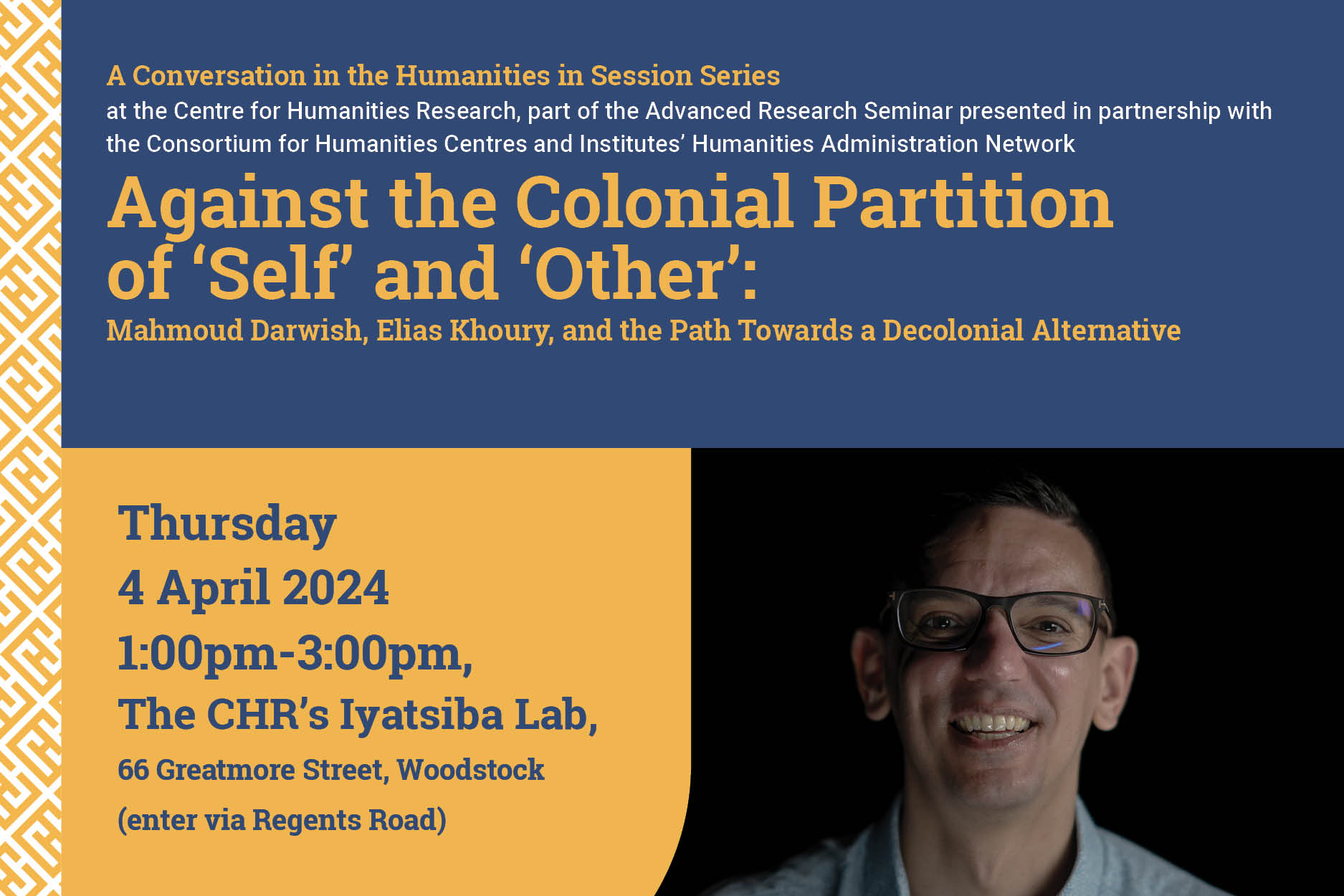
Professor Muhannad Ayyash
Mount Royal University
Professor Muhannad Ayyash was born and raised in Silwan, Al-Quds, before immigrating to Canada, where he is now Professor of Sociology at Mount Royal University. He is the author of A Hermeneutics of Violence (UTP, 2019), and has recently finished writing another book, Lordship and Liberation in Palestine-Israel. He has published several academic articles on topics such as political violence, vaccine apartheid, anti-Palestinian racism, and Palestinian decolonial movements in journals such as the European Journal of International Relations, the European Journal of Social Theory, Distinktion, and Critical Sociology. He has co-edited two books, the most recent with Jeremy Wildeman titled, Canada as a Settler Colony on the Question of Palestine. He is also the author of multiple book chapters, and has written opinion pieces for Al-Jazeera, The Baffler, Middle East Eye, Mondoweiss, and The Breach, among others.
In my forthcoming book, Lordship and Liberation in Palestine-Israel, I highlight the contrast between settler colonial sovereignty and decolonial sovereignties along two main features: the notion of the “self” that underpins each, and the different forms of the relationship between the social and the political operative in each. Settler colonial sovereignty is underpinned by an absolute and pure notion of the “self” and a decisive opposition between the social and the political, whereas decolonial sovereignties are underpinned by the multiplicity of the “self” and a complementary opposition between the social and the political. Settler colonial sovereignty is marked by “lordship” where people are lords of the land and lordship is exercised over people. I argue that far from securing the Israeli self as sovereign, unalloyed, and independent of the indigenous Palestinians, the Israeli self becomes none other than a self always on the road of expelling the indigenous. The violence of expulsion produces, not a specific sovereign identity (along national, ethnic, cultural, or racial lines), but rather lords who must continuously and in perpetuity use violence to secure their positionality as lords. In contrast, decolonial sovereignties are marked by “land as life” where people and land exist in a reciprocal relationship of inhabiting one another, and people come to inhabit oneself as co-constitutive of another. Decolonial sovereignties are simply of the land and do not require, need, or necessitate a settler colonial type of sovereign claim. In letting go of the aspirations towards absolute, indivisible, and omnipresent power and domination, decolonial sovereignties engender a critique of the settler colonial violence of expulsion and colonial modernity, and orient us towards an alternative mode of organizing social and political life.


